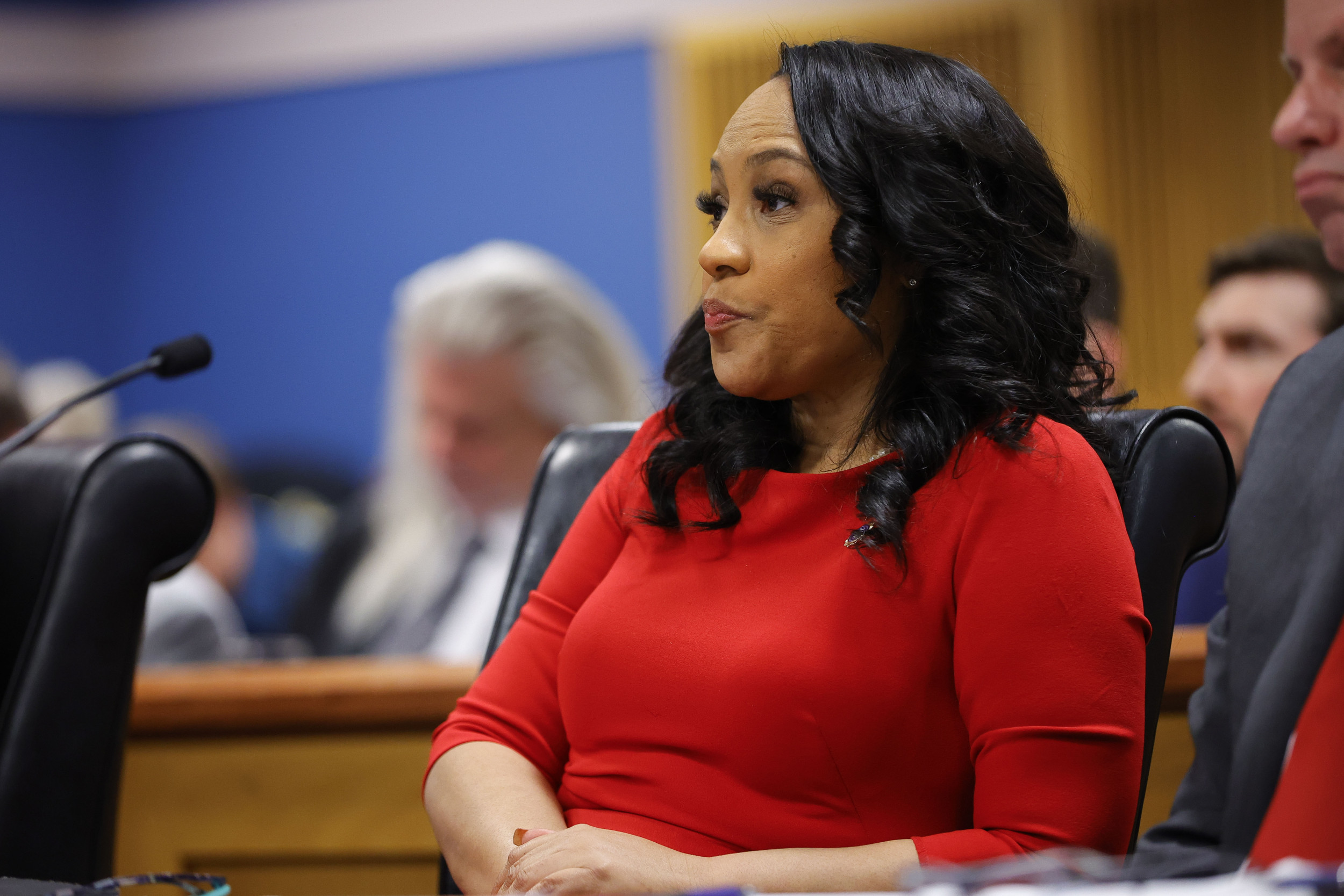Russian voters who want to show their opposition to the tightly controlled presidential ballot by turning up to voting booths at the same time could be jailed for up to eight years if they take part in what has been called a "rally against Putin."
There is little doubt who will win the election, with no genuine alternative to the incumbent Vladimir Putin. The leading opposition candidate, Boris Nadezhdin, was barred from running and Putin's main political opponent, Alexei Navalny, died in prison.
However, since Navalny's death, a plan has gathered traction that calls for Russians to head to voting sites at midday Sunday, the final day of the three-day ballot. Newsweek emailed the Kremlin for comment on Saturday.
The website "Noon Against Putin" calls on voters to queue up for paper ballots and "do what you think is right," whether that means backing someone they like, ticking every box, spoiling the ballot or don't vote at all.

"We want this dark time to end," the Noon Against Putin site said. "When we come to the polling stations, we will show others and see for ourselves that there are many of us."
Navalny's Telegram channel has promoted the idea. It has been backed by the late Kremlin critic's wife, Yulia Navalnaya, and has been described by Russian independent media outlet Novaya Gazeta as "Navalny's political testament."
However, the Moscow Prosecutor's Office has warned that participation against such a rally risks breaching three articles of Russia's Criminal Code and can carry maximum sentences of between five and eight years. It said that calls for participation in illegal mass public actions "are punishable under current and criminal legislation."
When Putin came to power in 2000, the Russian constitution allowed only two consecutive four-year presidential terms. After stepping aside in 2008 for then-Prime Minister Dmitry Medvedev to take over, Putin returned to office in 2012 and, since then, constitutional changes could see him control the Kremlin until 2036.
However, while Putin is assured of victory, with state-run polls in recent weeks that he would get three-quarters of the vote, the Kremlin will want to record a high turnout.
"This is a classic election of the sort favored by dictators. However, that does not mean that it is without significance," John Hall, professor of law, Fowler Law School, Chapman University in Orange, California, told Newsweek.
"It is important... most particularly because Putin will use the inevitable electoral victory as evidence of his personal popularity among the Russian people and, crucially, as an endorsement for his catastrophic war in Ukraine.
"It is intended to provide support for the idea that his illegal war is widely supported by the Russian people. He intends for the election to also demonstrate that the people in the occupied territories of Ukraine also support him and the Russian occupation," Hall added.
Early polling in remote regions started last month. However, after booths opened in earnest on Friday, at least four people carried out arson attacks at polling places. There was an incident in Moscow where an elderly woman was detained for setting fire to a voting booth, according to the Sota Telegram channel.
Oleksandra Matviichuk, Ukrainian human-rights lawyer and co-recipient of the 2022 Nobel Peace Prize, has called for world leaders not to recognize the results of this weekend's election.
"This staged performance has nothing to do with the right to vote, has no impact on changing the life of the country, and is therefore uninteresting even to Russian citizens," Matviichuk said in a statement to Newsweek.
Meanwhile, Stephen Hanson, professor of government at William & Mary University in Virginia, told Newsweek: "Putin really no longer thinks in terms of formal presidential term limits as a constraint on his actions.
"If Putin is somehow still in office in 2036, surely a way can be found to adjust the constitution again, if the leader desires it."
Uncommon Knowledge
Newsweek is committed to challenging conventional wisdom and finding connections in the search for common ground.
Newsweek is committed to challenging conventional wisdom and finding connections in the search for common ground.
About the writer
Brendan Cole is a Newsweek Senior News Reporter based in London, UK. His focus is Russia and Ukraine, in particular ... Read more
To read how Newsweek uses AI as a newsroom tool, Click here.





